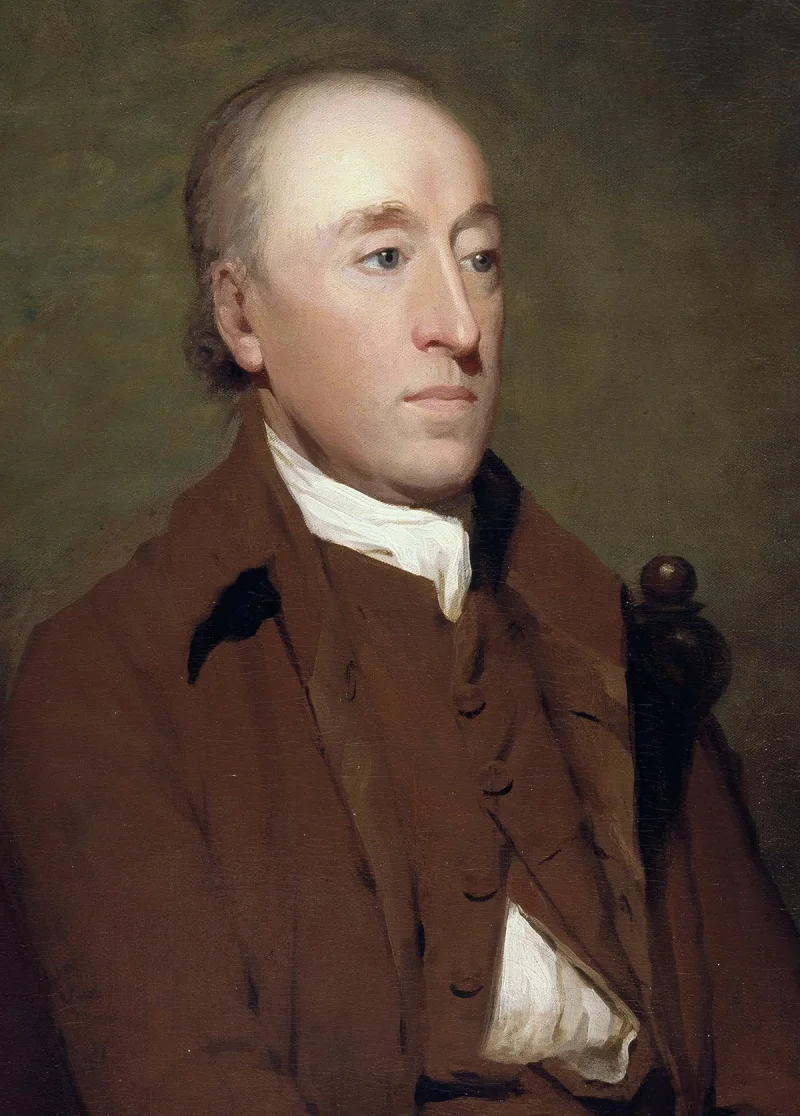Short Summary
James Hutton was an 18th-century Scottish geologist, chemist, and naturalist, often referred to as the "Father of Modern Geology." His groundbreaking work in geology laid the foundations for the understanding of Earth's processes and the concept of deep time. Hutton's most famous contribution is the theory of uniformitarianism, which posits that the same natural laws and processes that operate in the universe now have always operated in the universe in the past and apply everywhere in the universe. His insights have profoundly influenced the field of geology and our understanding of Earth's history.
Early Life & Education
James Hutton was born on June 3, 1726, in Edinburgh, Scotland, into a prosperous family. His father, a city treasurer, died when Hutton was young, leaving his mother to raise him and his siblings. Hutton showed an early interest in science and nature, leading him to study at the University of Edinburgh at the age of 14. Initially, he pursued a degree in medicine, which he continued at the University of Paris, but his interests soon gravitated toward chemistry and geology. His education and the intellectual environment of Edinburgh during the Scottish Enlightenment played a significant role in shaping his scientific thinking.
Career Highlights
James Hutton initially practiced as a physician but soon turned his attention to agriculture and geology. He managed a family farm in Berwickshire, where he conducted experiments in soil and crop management. These practical experiences informed his geological studies. In 1785, Hutton presented a paper to the Royal Society of Edinburgh, which later became part of his seminal work, "Theory of the Earth." This publication introduced his revolutionary ideas on geological processes and the age of the Earth. His fieldwork and observations, particularly in the Scottish countryside, provided evidence for his theories and established him as a pioneer in geology.
Major Achievements
- Developed the Theory of Uniformitarianism: Proposed that geological processes observed in the present have been consistent throughout Earth's history.
- Published "Theory of the Earth": This work laid the groundwork for modern geology by arguing for the immense age of the Earth.
- Identified Unconformities: Recognized geological formations indicating significant time gaps, supporting his theories on deep time.
Famous Quotes
- "The present is the key to the past."
- "No vestige of a beginning, no prospect of an end."
Interesting Facts
- Hutton's ideas were initially controversial and not widely accepted until after his death.
- He was a contemporary and friend of notable figures like Joseph Black and Adam Smith.
- The Hutton Unconformity at Siccar Point is a famous geological feature demonstrating his theories.
Legacy / Influence
James Hutton's contributions to geology have had a lasting impact on the field, as his ideas laid the foundation for understanding Earth's geology and processes. His theory of uniformitarianism became a cornerstone of modern geological science, influencing subsequent generations of geologists, including Charles Lyell and Charles Darwin. Hutton's work helped shift the perception of Earth's age from a few thousand years to millions, reshaping our understanding of geological and evolutionary processes.
FAQ
Q: Why is James Hutton famous?
A: He is famous for founding modern geology and developing the theory of uniformitarianism.
Q: What is the theory of uniformitarianism?
A: It is the concept that the same natural laws and processes operating now have always operated in the past.
Q: What did Hutton's work help to establish?
A: Hutton's work helped to establish the idea of deep time and the ancient age of the Earth.











